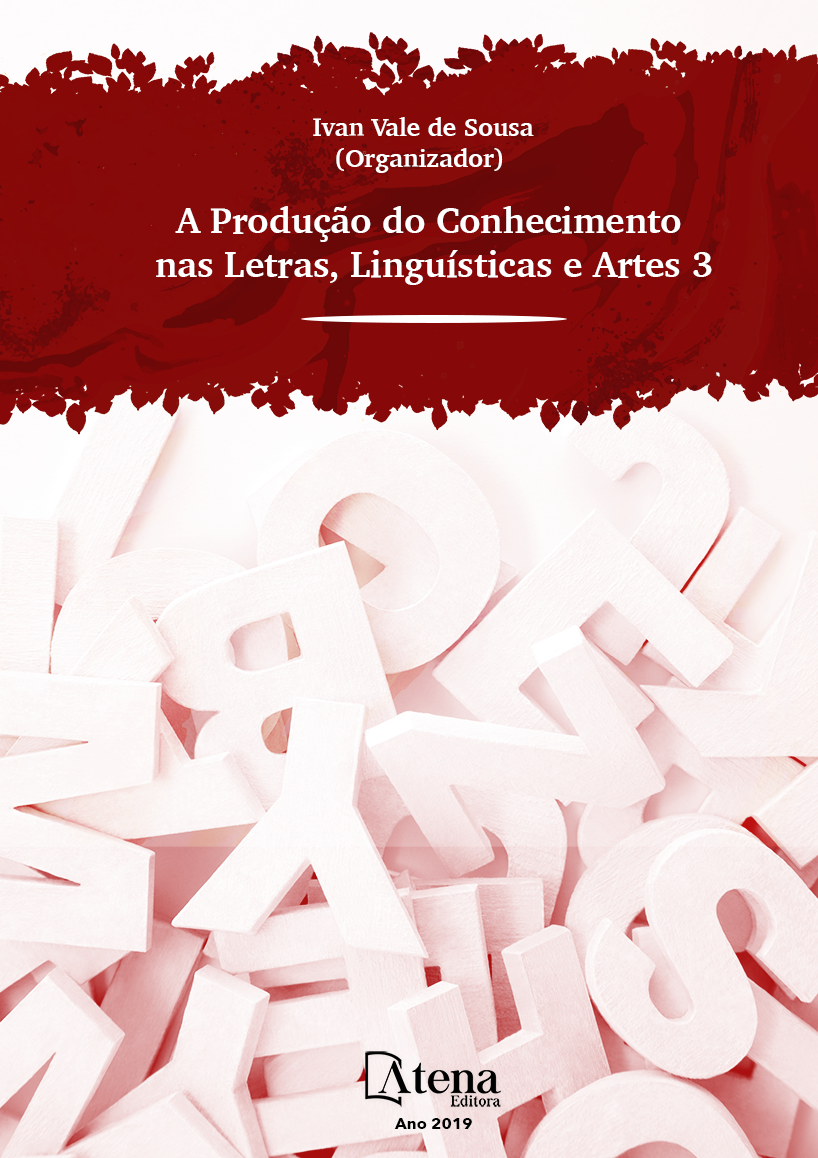
Silêncios e silenciados: o ensino de literatura e os alunos surdos
Com frequência incômoda, os
surdos são acusados de serem “maus leitores”
ou de “não gostarem de ler”. Contudo, silenciase sobre o porquê da prática de leitura ser
tão desagradável para eles, especialmente a
leitura literária. Além disso, não se questiona
se possíveis desdobramentos de um histórico
de arbitrariedades contra esses sujeitos não
teriam influência em tal processo.
Isso porque os surdos apresentam uma trajetória
marcada por diversos estigmas. Entre eles,
notadamente o da deficiência pela submissão
ao fator linguístico hegemônico e o apagamento
de suas idiossincrasias e necessidades, que
deveriam ajustar-se ao padrão ouvinte sob
pena de marginalização ou exclusão social.
Para ajudar a romper com a concepção da
surdez enquanto deficiência e como único
caracterizador possível da existência surda;
além de garantir aos surdos o seu “direito à
literatura”; entende-se como relevante o esforço
de agregar às aulas de literatura elementos que
versem sobre a cultura e identidade surdas.
Essa proposta é defendida tendo em vista,
entre outros aspectos, que a linguagem literária
é um meio sensível à aceitação e promoção da
diversidade humana.
Silêncios e silenciados: o ensino de literatura e os alunos surdos
-
DOI: 10.22533/at.ed.81419240414
-
Palavras-chave: Ensino de literatura. Inclusão. Leitura. Surdos.
-
Keywords: Literature teaching. Inclusion. Reading. Deaf people.
-
Abstract:
With uncomfortable frequency, the
deaf people are accused of being “bad readers”
or people wich “don’t like” reading. However, it
is silenced on the reason of the reading practice
to be so unpleasant for them, especially the
literary reading. Besides, the possible unfoldings
of a report of outrages against those subjects
would not have influence in this process is not
considered. The deaf ones have a trajectory
marked by several stigmata. Among them,
especially the one of the deficiency for the
submission to the hegemonic linguistic factor and
the erasing of their idiosyncrasies and needs,
that should be adjusted to the listener standard
under penalty of marginalization or social
exclusion. To help to break with the conception
of the deafness while deficiency and as only
possible meaning of the deaf existence; besides
guaranteeing to the deaf ones their “right to the
literature”; it is understood as relevant the effort
of joining to the classes of literature elements
that refer to the culture and deaf identity. That
proposal is proposed considering, among other
aspects, that the literary language is a sensitive
way to the acceptance and promotion of the
human diversity
-
Número de páginas: 15
- Mirian Theyla Ribeiro


